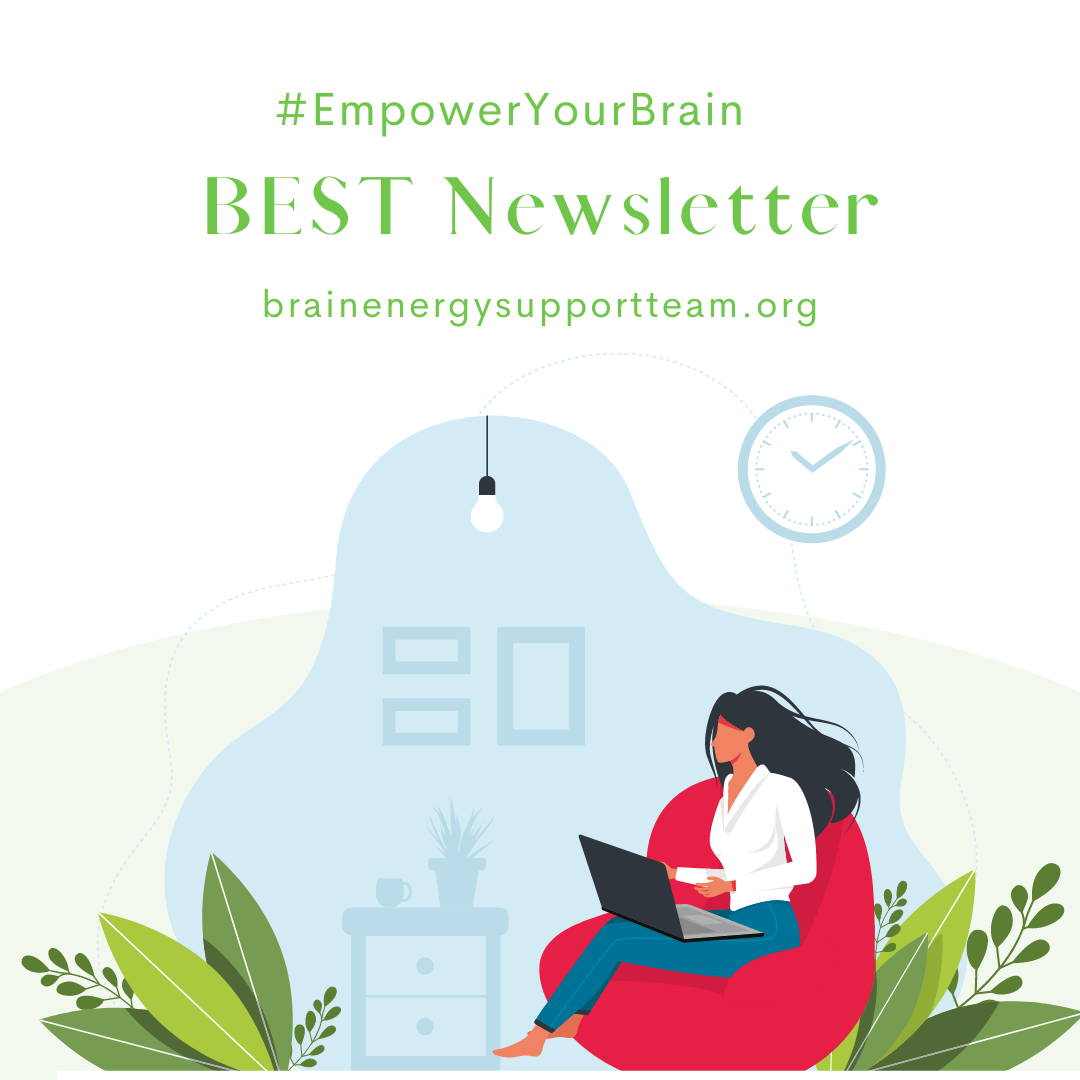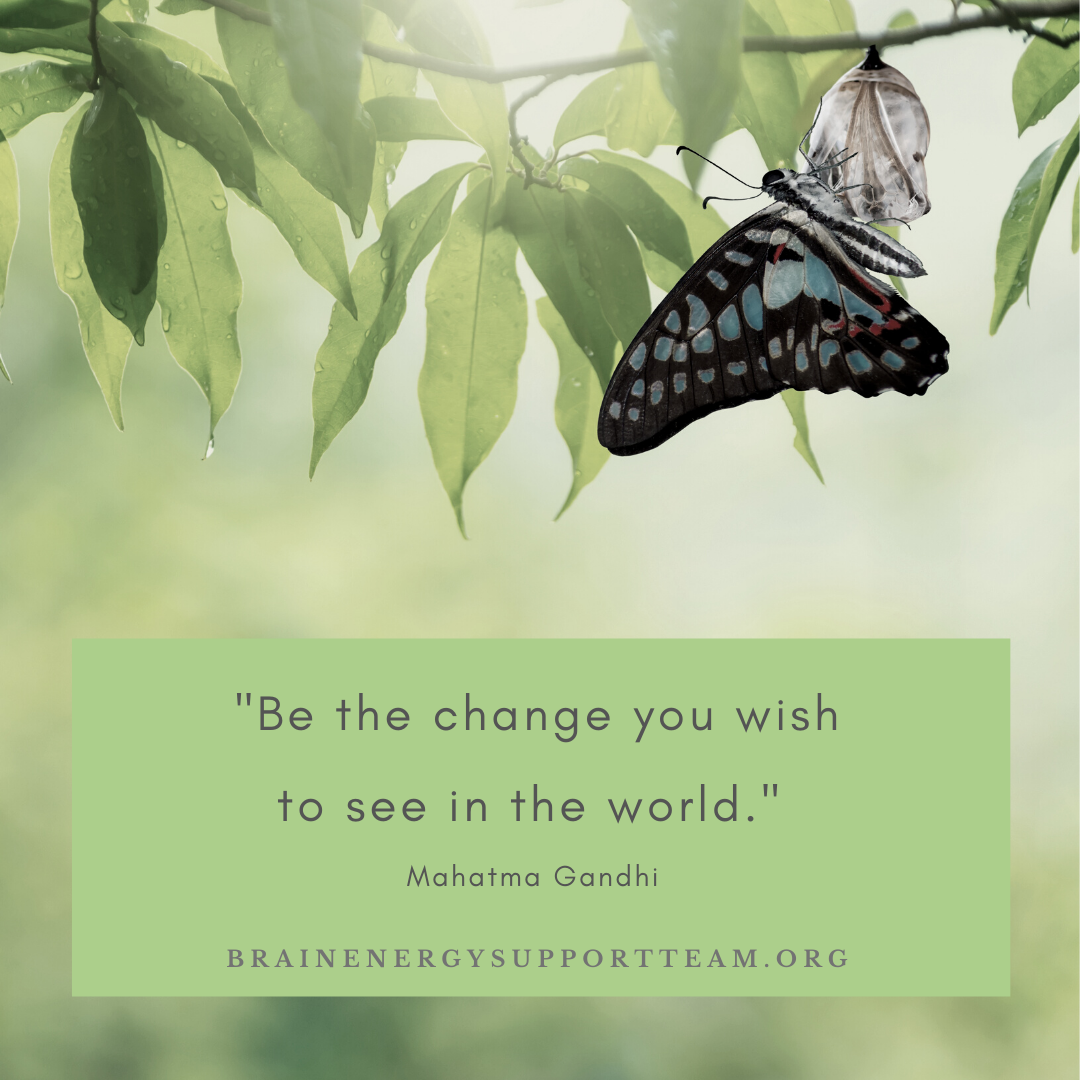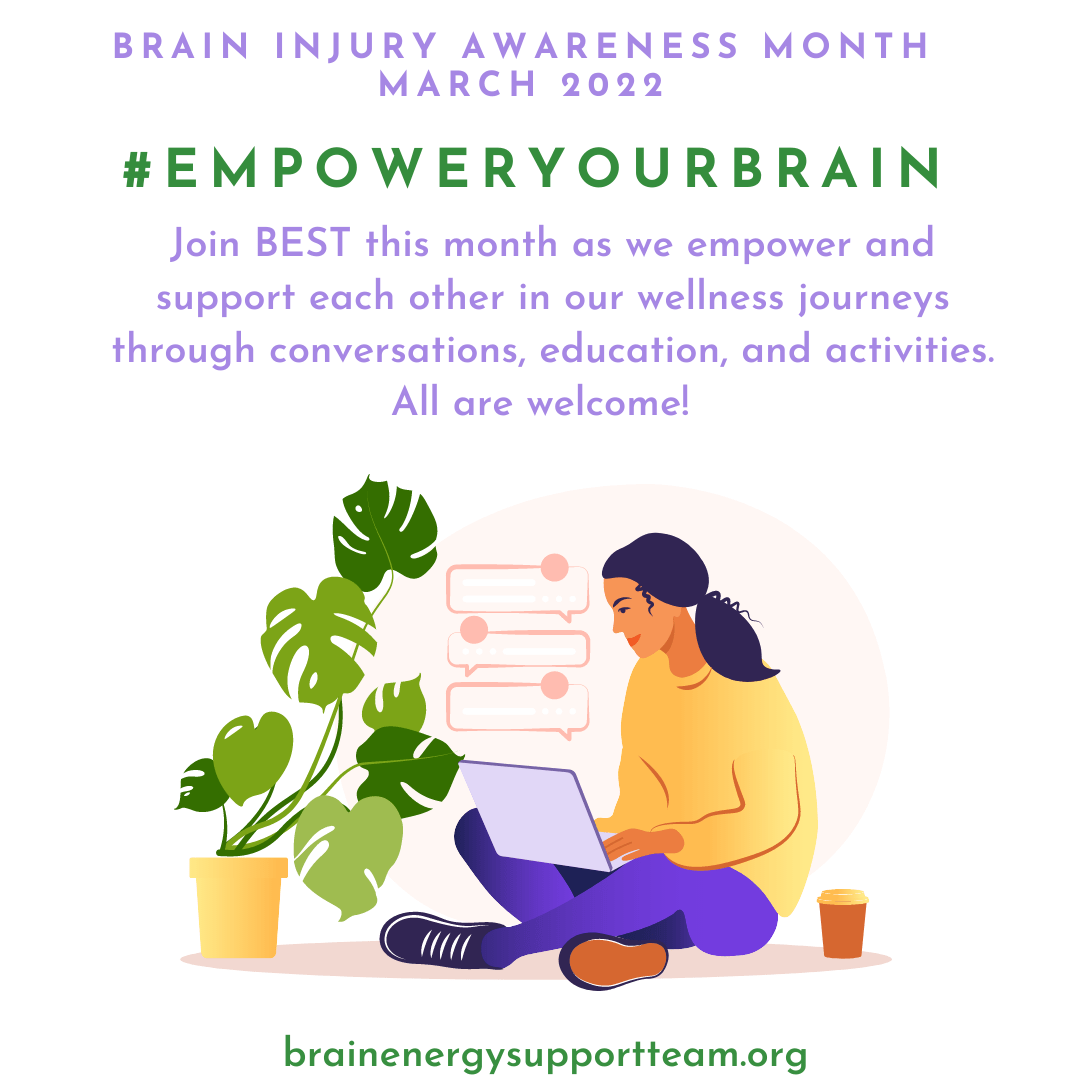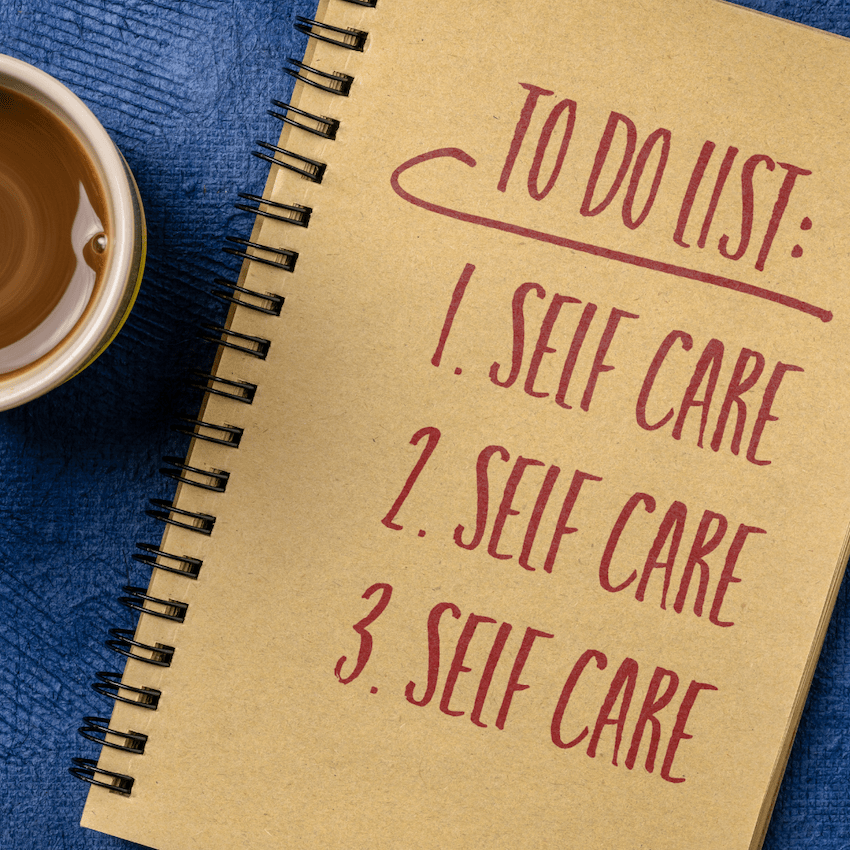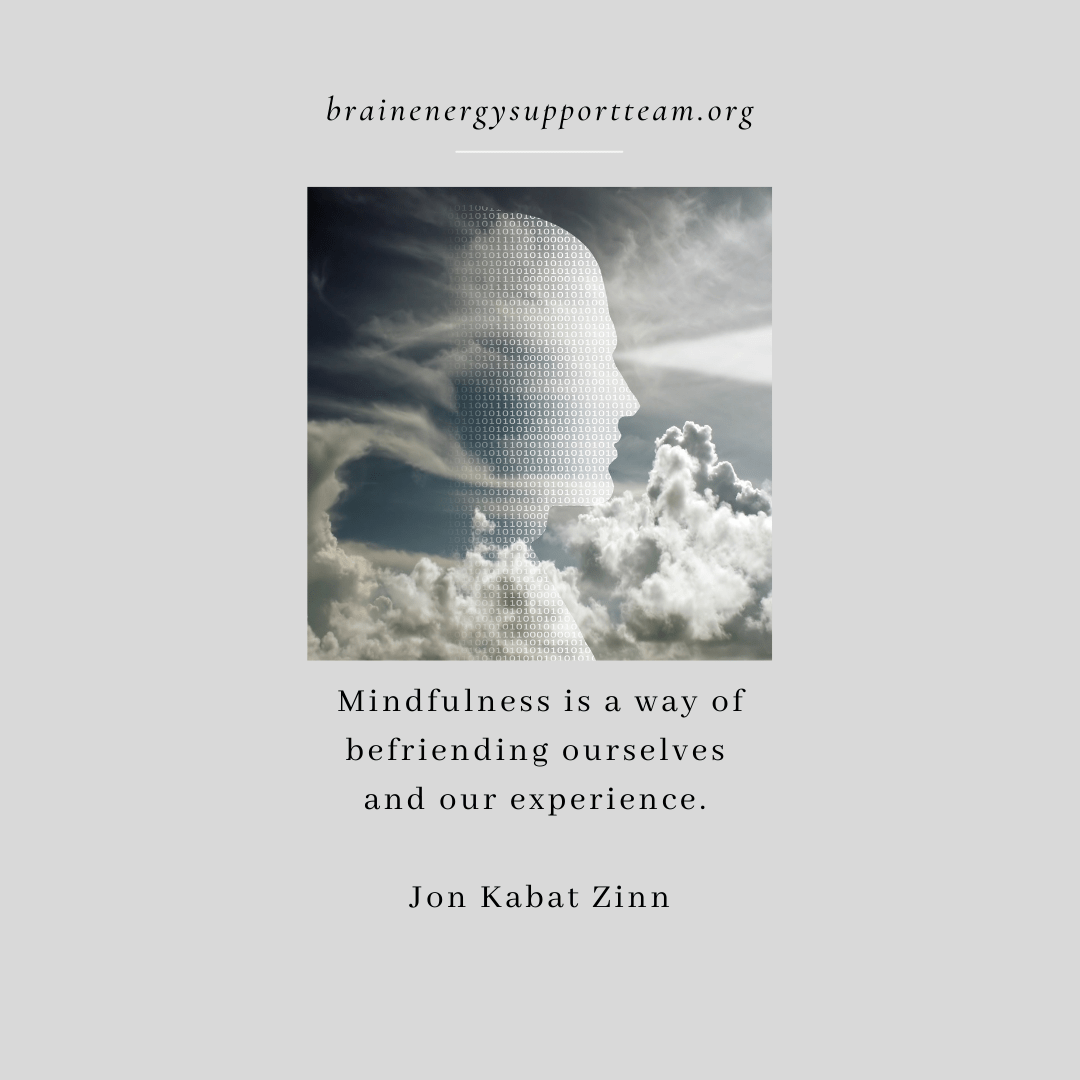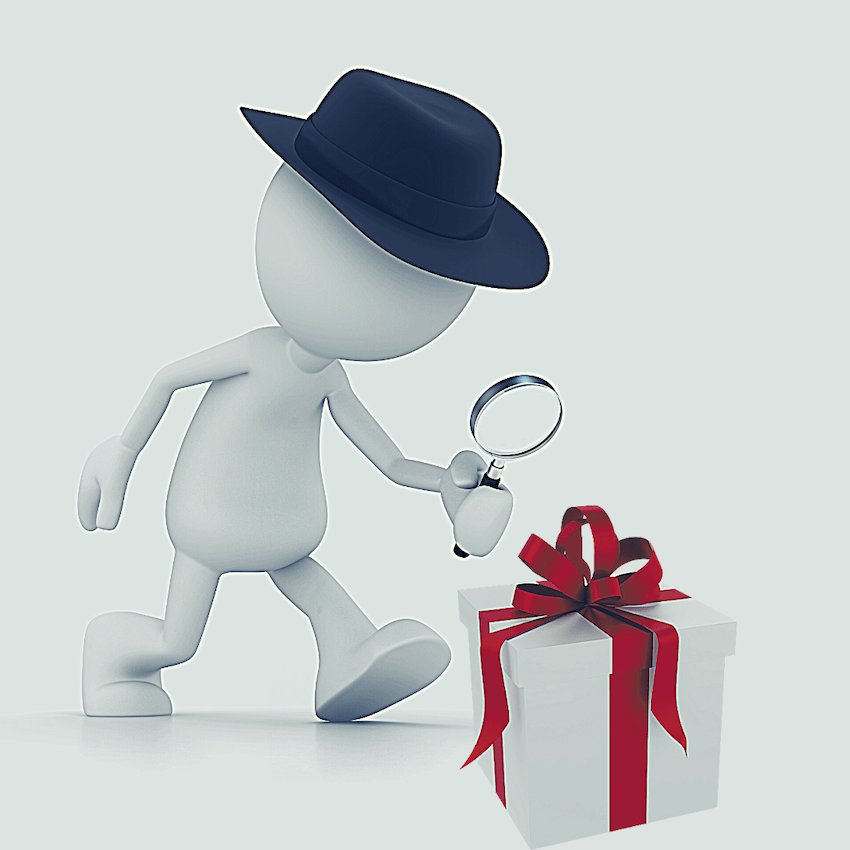Find your voice and inspire others to find theirs.—Stephen Covey
Finding and sharing our voices is an extraordinary and universal human experience.
A voice can breathe life and expression into our personal stories, help support and advocate for ourselves and others and create powerful conversations and connections.
Our voices are the building blocks to understanding, change, progress and hope.
Puget Sound resident, Y. Monet Miller knows a little something about having a voice.
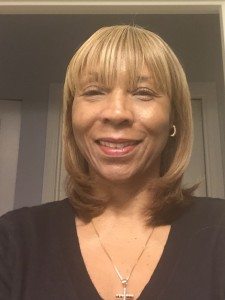
The New Jersey native spent well over a decade as an advocate for children with special needs. She then moved into work with the Washington National Education Association, conducting workshops for the state’s union and providing advocacy for union rights and public schools. Her career further expanded into an assignment with the National Education Association. Her vocation took her on the road, facilitating workshops and conducting public speaking engagements throughout the nation. In her spare time, she provided personal consulting and inspiration for her friends.
Talk about having a voice, indeed.
Miller was self-described back then as an energetic, motivated and high-spirited woman, who lived life to the fullest and was at the peak of her career.
In October of 2012, Miller’s life changed in ways she would never have imagined.
Miller was struck in the head with a metal door. As she describes it, it was the beginning of a period of time of being “lost.”
With no family in the Seattle-area, she found herself going through her medical ordeal alone.
It was not easy.
“I had lots of headaches,” says Miller. “At first, I wasn’t diagnosed properly and the doctors ignored the symptoms. I found myself going through the process and taking lots of pills.”
Soon after, Miller began to have slurred speech and lost her verbal fluency. That change, in particular, was especially frightening.
Eventually, Miller was diagnosed with post-concussion syndrome and a traumatic brain injury. Memory issues, continued speech difficulties and headaches were overwhelming. That was the beginning of a long odyssey of challenges. For days, weeks and months, the headaches were constant, lasting anywhere from 30 minutes to three hours. Feeling isolated and alone led to depression.
“I lived like a ‘vampire,’” shares Miller. “For two years, I stayed in the house. Lights and people were just too hard. I’d wake up each day and feel completely disconnected.”
However, one day, Miller received the gift of hope from a powerful and unexpected source.
She saw a vision of her grandmother and the words that her grandmother uttered in that vision, changed her life.
“Don’t lose your God-given gift—your voice.”
The impact of that vision and those words were profound.
“I enjoyed talking,” says Miller. “It’s 2015 and it’s time to make a change and take on a new approach. I needed to ask the question: who am I? I also wanted to take back the dignity and self-worth I lost with my injury. I realized how alone I felt and that others must feel this way, too.”
Miller’s first stop on her journey forward was taking a look back at some powerful family history.
As her grandmother’s presence filled her heart, soul and mind, she decided to go back even further and embrace the stories of the strong history, legacy and faith of her other female ancestors.
Inspired by these women, Miller created a “map” of her journey and joined a brain injury support and social group through the University of Washington. The support group had a profound influence on her.
“We shared our stories and provided a system of support and resources for each other,” says Miller. “The group help ground me and forced me to accept. I was forced to find out about this new person, ‘me’ and to tell the truth and have some ‘real talk.’”
Miller also found herself more motivated than ever. As she was finding her new voice, she was equally as passionate about helping others find their voices, too. She also wanted to provide a voice and speak for those who cannot speak for themselves.
Today, Miller has dedicated herself to creating a platform to give voice to those who live with brain injury and their families; she’s eager to use her voice to give back. She’s looking to speak in front of the community, particularly to those in the medical community to help build a bridge of understanding.
She’s also motivated to help anyone who needs her.
What would Miller say to others who are coping with brain injury and who could use some support? Her message is straightforward.
“I understand the fear, feeling like a hostage and hitting rock bottom,” explains Miller. “I know what it’s like to peel away the things that hurt. When I see them, I see me.
I’m a testimonial and believer that we’re gonna be okay. We might be the person we were from before, but we will be a better person.
Know your resources. Have faith. We’re going to thrive in time. Give in to being victorious, not a victim. Be vigilant in learning about your own needs and self-care and make adjustments and network.”
And the final thing Miller would leave people with? A very simple phrase, which encapsulates her vision.
“I’m here.”
If you are interested in contacting Y. Monet Miller, please contact Kim at kimt@brainenergysupporteam.org for more information.

